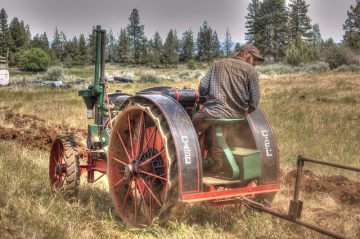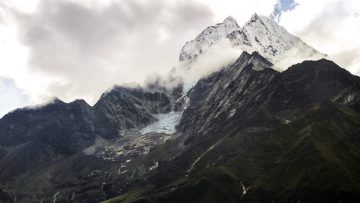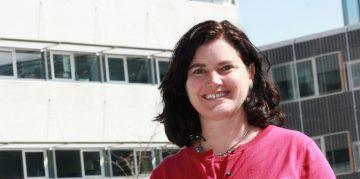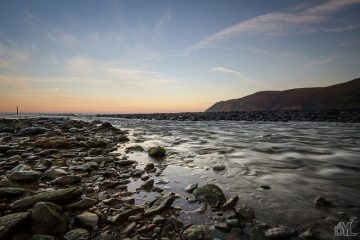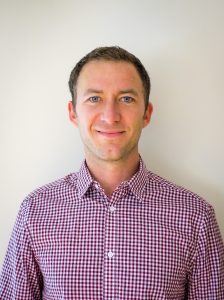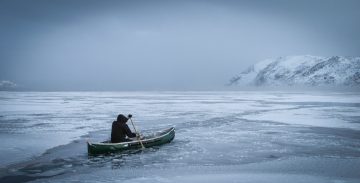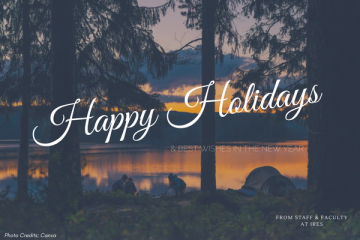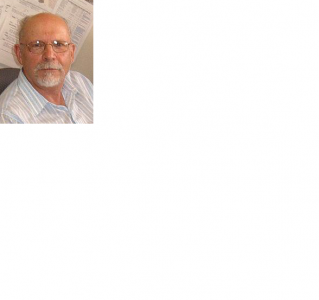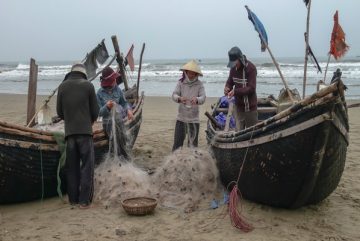We’re happy to announce that Babak Pourbohloul has become an Adjunct Professor at IRES!
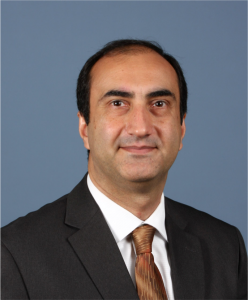
Bio
Babak Pourbohloul is trained as a theoretical physicist (PhD in complex systems and chaos theory) and has been a faculty member at the University of British Columbia since 2004. He was the founding Director of the Division of Mathematical Modeling at the British Columbia Centre for Disease Control (2001 – 2016) and the founding Director of the World Health Organization Collaborating Centre for Complexity Science for Health Systems (2013 – 2017). He has been the Lead Investigator of several international mathematical modeling projects in the development and application of novel quantitative methods in public- and global health systems policy design.
With more than 18 years of experience working in both academic and policymaking environments, Babak leads consulting projects for several national and international authorities and enterprises. He aims to develop and employ methods of complex systems analysis, through multidisciplinary collaborations, to optimize policy design to achieve the United Nation’s Sustainable Development Goals (SDG 2030), at the local, national and international levels. His main areas of interest include public- and global health policy design, econophysics and systemic risk analysis, complex networks analysis and nonlinear dynamics
